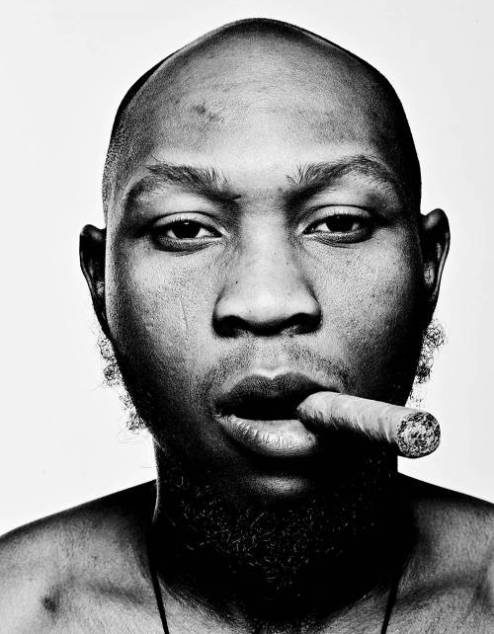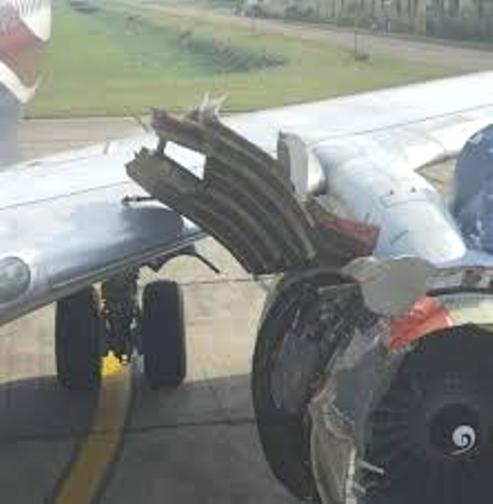LAGOS JULY 6TH (NEWSRANGERS)-Imagine a style of music that combines funk, jazz, R&B, soul — a fusion that becomes powerful enough to create a political movement and inflame a nation’s authoritarian leadership. That’s the West African genre of music known as Afrobeat.
Afrobeat was pioneered in Nigeria during the late ’60s by the late multi-instrumentalist and bandleader Fela Kuti, who used music as activism against government corruption in the country during the ’60s and ’70s following coups and human rights abuses by Nigerian head of state Olusegun Obasanjo.
Fela rose to international prominence while political leadership in Nigeria viewed him as a threat. In 1977, military officials burnt his commune and destroyed his studio, musical instruments and master recordings. He died in 1997 of AIDS.
Taking the reins of Fela Kuti’s Egypt 80
Fela’s youngest son, Seun Kuti, extends his father’s legacy and band, Egypt 80. When Seun took over in 1997, three quarters of the original band remained, and the group now features five members.
Seun Kuti and Egypt 80 will perform on July 9 at the Musical Instrument Museum in Phoenix.
During a recent interview over Zoom, Kuti had just left an interview at the BBC. Just like his father, he believes music and politics are interconnected with the potential of enlightening audiences.
“The relationship people have with their favorite song is different from the relationship they have with their favorite movie,” Kuti said. “The politics of music lies in the conditioning of people. It’s not about the lyrics per se, but what spirit you’re putting into society and what you want your listeners to feel.”
Critique of International Monetary Fund
One subject Kuti has taken on in his music is the International Monetary Fund, a Washington, D.C.-based international financial institution that aims to ease world poverty and financial stabilization through trade and economic growth. His 2011 song “IMF” accuses the organization of bringing pain and suffering through theft and manipulation throughout the African continent.
“There’s no foreign investment in Africa, only exploitation,” Kuti said.
“When you invest in something, you are making it better. Even in International Monetary Fund loans, World Bank programs and policies implemented in Africa with billions of dollars, you find out there’s no actual manifestation of those things in the lives of African people. So we have to call it what it is, exploitation of our labor and extraction of our resources.”
‘My dad was my teacher’
Like Fela’s other children, Kuti gained a passion for his father’s music during his early childhood. At nine, he was opening his father’s shows singing select songs with Egypt 80. He attended the MUSON School of Music in Lagos and later studied popular music and sound technology at the Liverpool Institute for Performing Arts.
“My oldest brother (Femi Kuti) was trained by the band and self taught,” Kuti said. “I went through all forms of formal and informal music education. My dad was my teacher and the band was my teacher. I was also classically trained.”
When Kuti took over Egypt 80 after his father’s death, he was 12 years old and saw it as his personal responsibility after performing with the band for three years.
“It wasn’t stepping into a role, because most of the time, roles are given to you by other people and it’s never your choice,” Kuti said. “I’d been playing with them since I was 9, so it was my responsibility in a way. At that point, I had to step up. I realized how much the band and I needed each other at that moment.”
Kuti and the Egypt 80 have released six albums since 2008 and have performed in international venues including the Coachella Valley Music and Arts Festival and New Orleans Jazz Festival in 2012. He’s scheduled to perform this fall during Desert Daze at the Lake Perris State Recreation Area.
A sacred place in the heart of African people
Afrobeat still has global appeal outside of Nigeria, and artists such as Femi Kuti, Antibalas, Wizkid and Burna Boy enjoy critical acclaim, industry awards, festival appearances and international tours.
“Afrobeat music holds a sacred place in the heart of all African people, people who love music and anyone who wants to see a better world,” Kuti said.
Kuti is an avid reader and is reading Aldous Huxley’s “Brave New World” to settle an argument with a friend about whether Huxley’s “Brave New World” or George Orwell’s “1984” accurately predicted the new world order, global surveillance and modern times.
“People always embrace ‘1984’ as an accurate prediction of our new future,” Kuti said.
“I think Huxley was more accurate. He also thought of self-censorship, which is really what controls the world today, even more than the so-called surveillance world. The masters of the universe — the imperialists and capitalists — will demand more self-censorship and many of us willingly censor ourselves.”
Seun Kuti and Egypt 80
When: 7:30 p.m. Saturday, July 9
Where: MIM Music Theater, Musical Instrument Museum, 4725 E. Mayo Blvd., Phoenix.
Admission: $38.50-$54.50.
Details: 480-478-6000, mim.org.
Brian Blueskye covers arts and entertainment for the Desert Sun. He can be reached at brian.blueskye@desertsun.com or on Twitter at @bblueskye.
This article originally appeared on Arizona Republic: Fela Kuti’s son Seun brings Afrobeat legend’s work to MIM in Phoenix











